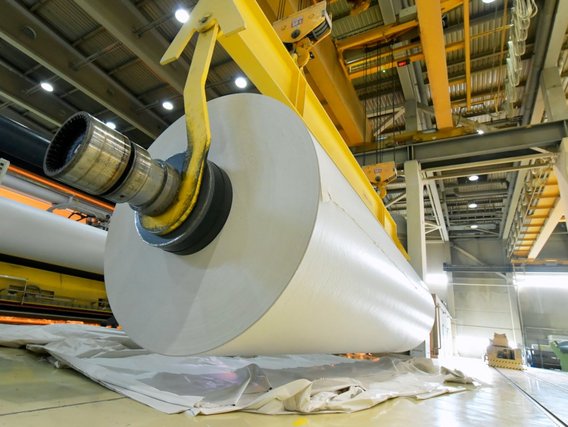
Recognized proof of sustainable raw material use
The "Blue Angel" has been the ecolabel of the German federal government since 1978. It is awarded for products and services that are particularly environmentally friendly and also fulfil high-level requirements regarding ease of use and occupational health and safety. This means that it is not only one of the oldest, but also one of the most respected environmental labels, recognized among others by large environment conservation organizations such as NABU (The Nature And Biodiversity Conservation Union), the World Wildlife Fund WWF and Greenpeace. The "Blue Angel" is particularly associated with products that consist exclusively or mostly of recycled paper. Now the conditions for award of the label have changed: as from 2015, in order to demonstrate compliance with the "Blue Angel" criteria, manufacturers must have their raw material procurement audited by a recognized neutral and independent body such as TÜV NORD CERT.